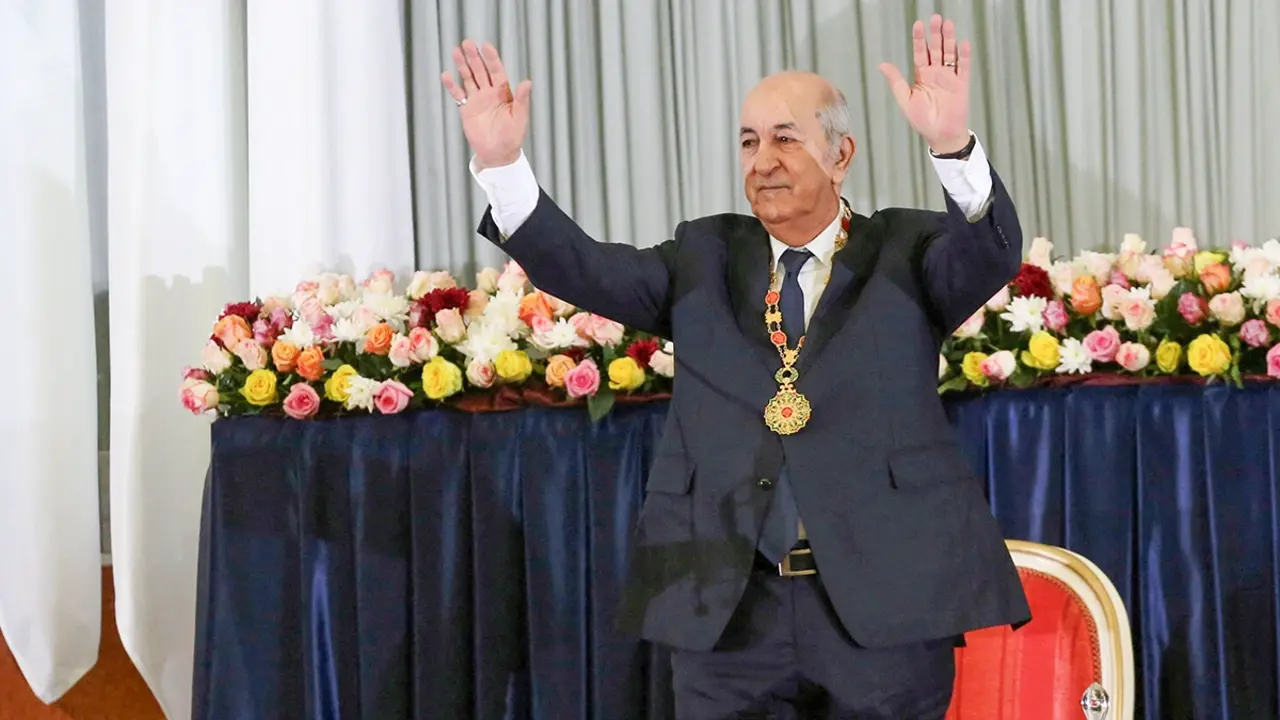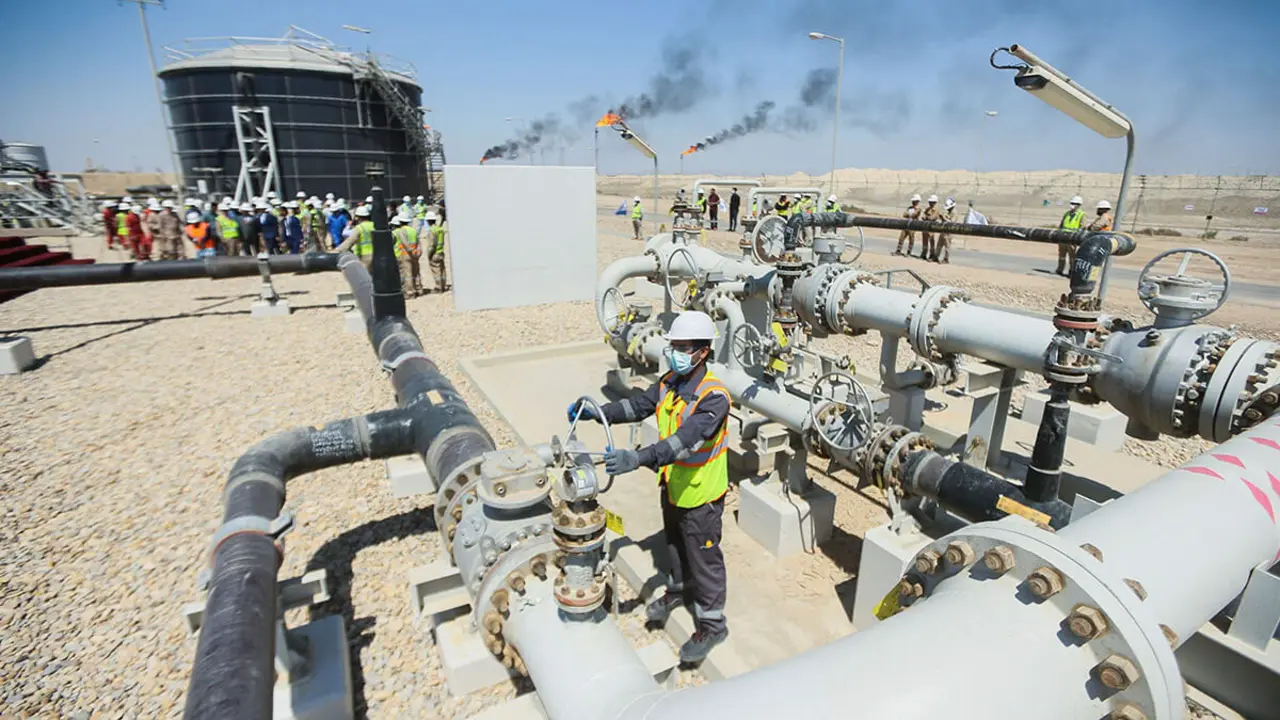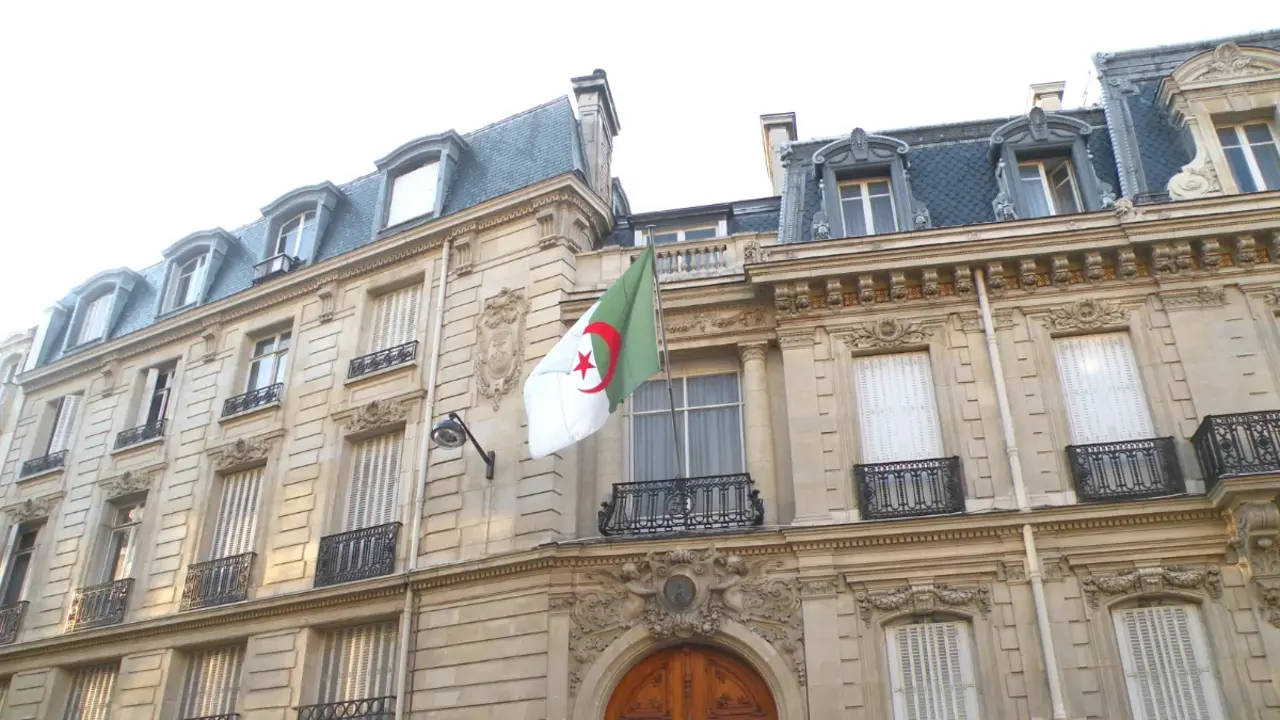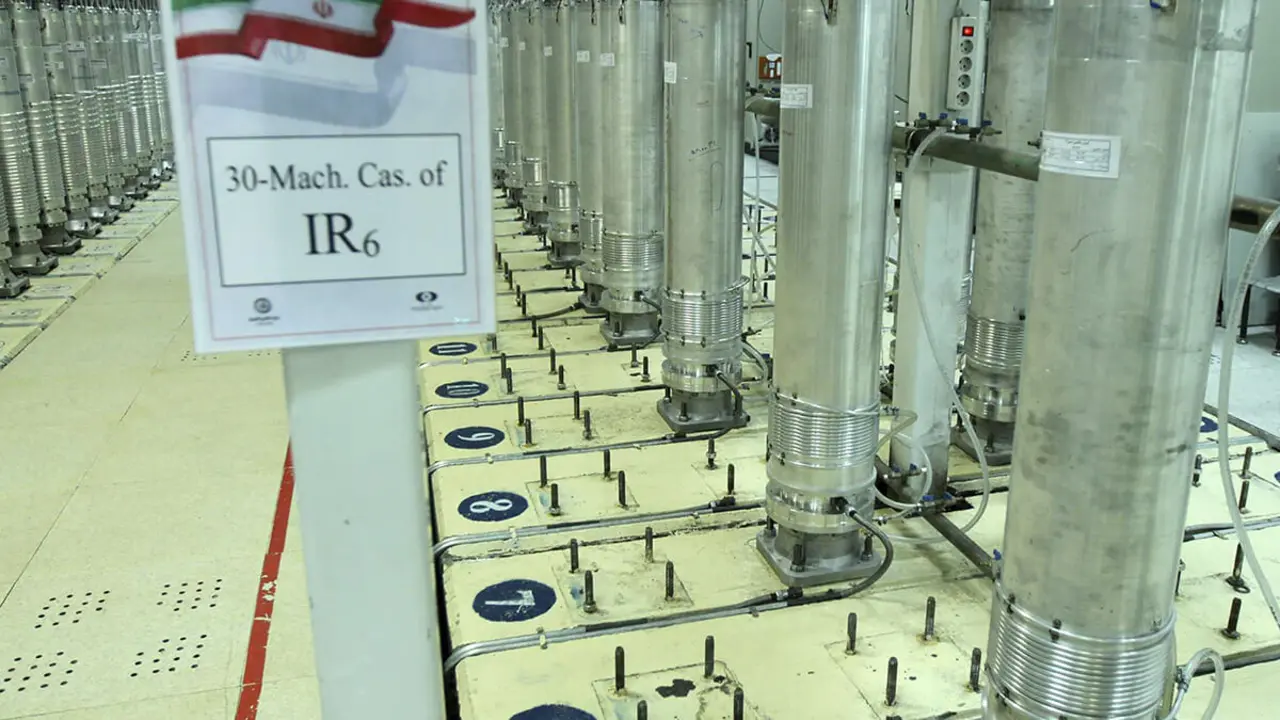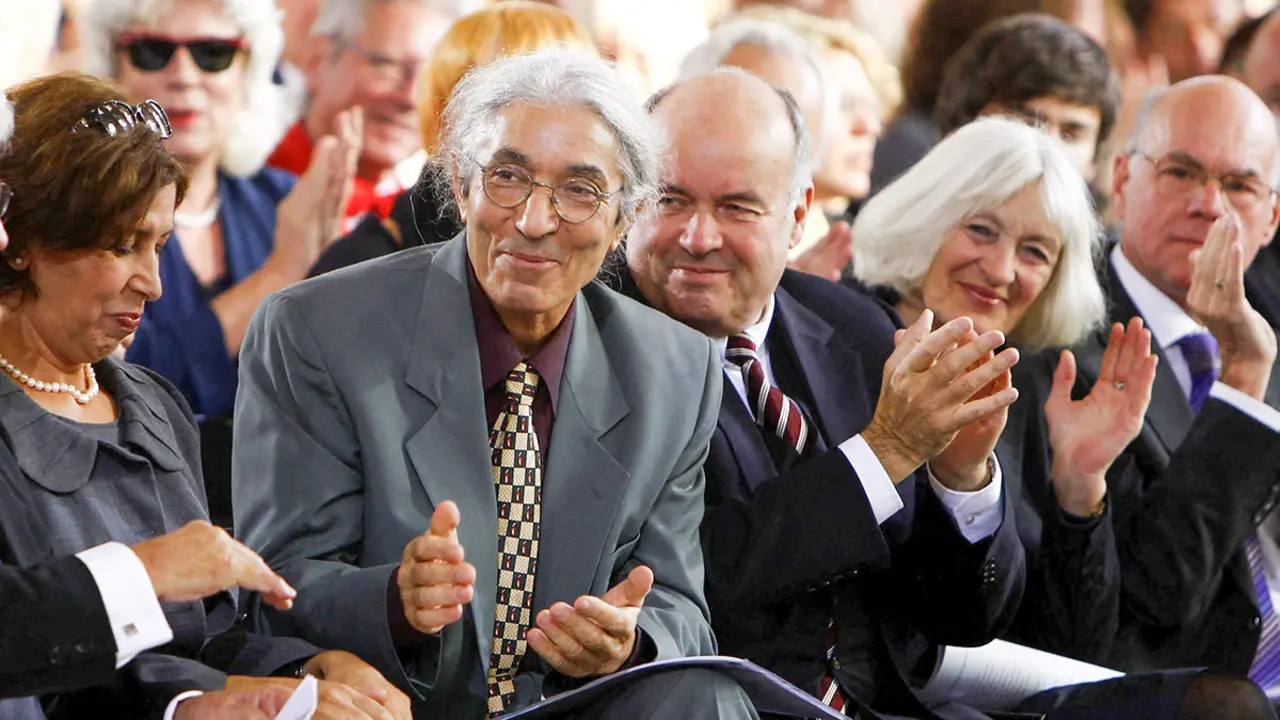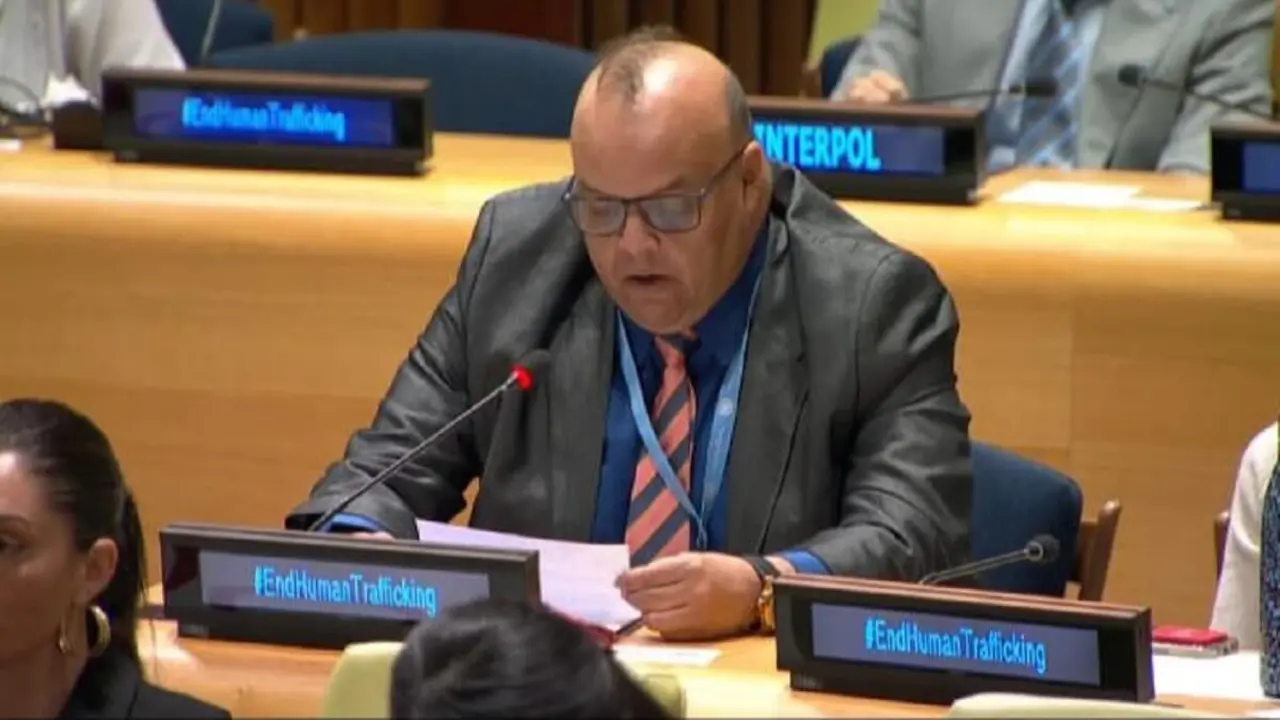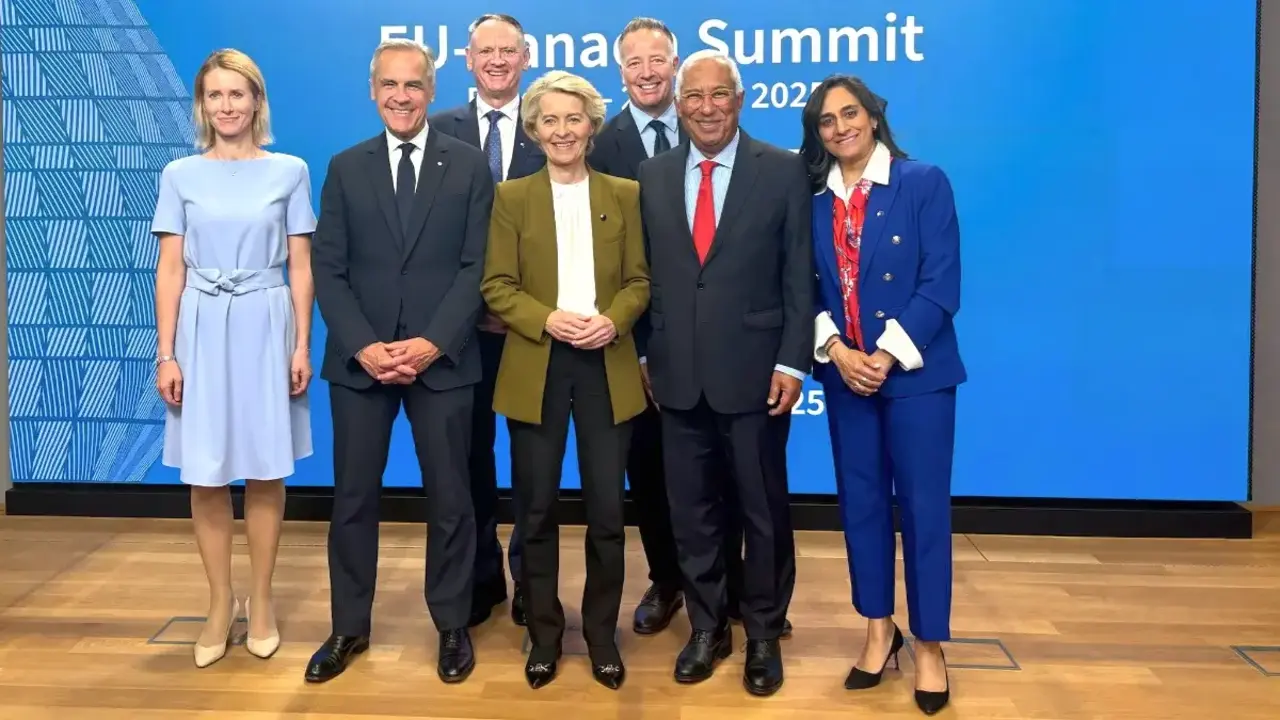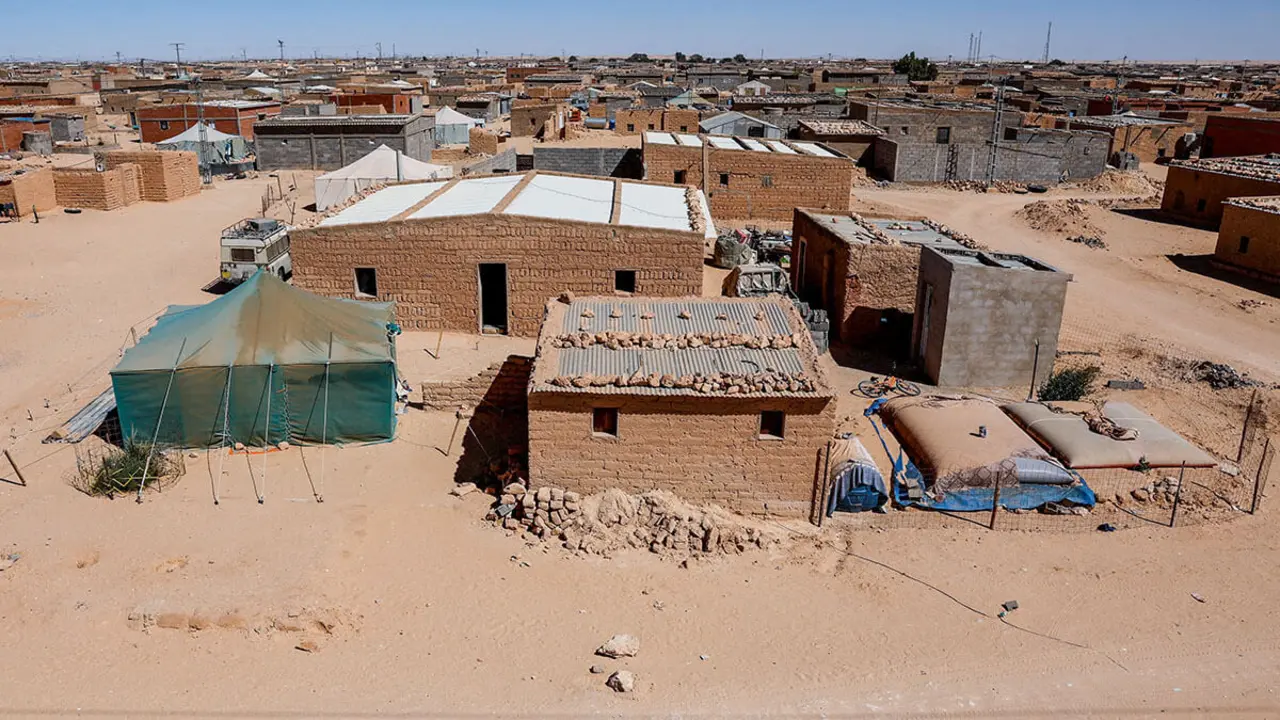Deraa, the cradle of the Syrian revolution in 2011, is once again the scene of violence
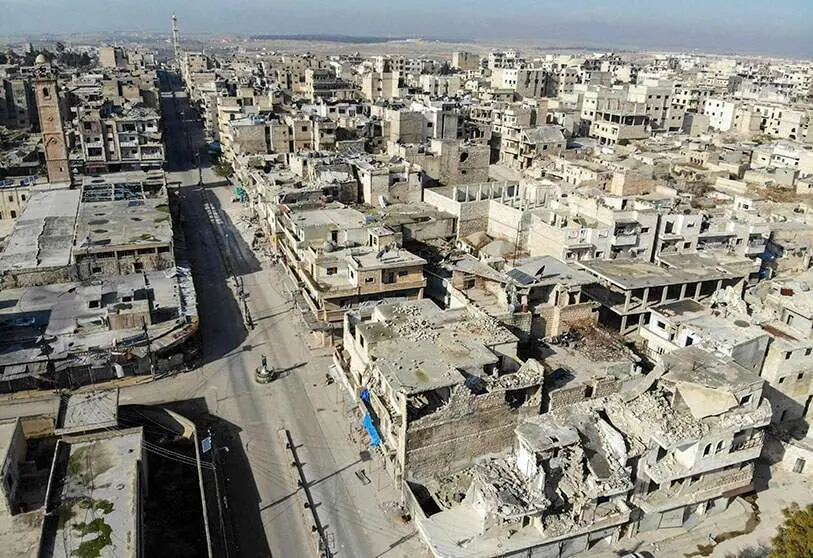
The situation in Deraa, the cradle of the Syrian revolution in 2011, is once again the scene of clashes between rebel groups and government forces. This city, located in the southwest of Syria, has been under siege since last June as a result of the rebels' refusal to hand over their small arms and allow checkpoints to be set up by forces loyal to Al-Assad in Deraa al-Balad.
The White Helmets, officially known as the Syrian Civil Defence, denounced on its Twitter account the siege of the city of Deraa where, according to the organisation, "tens of thousands of civilians in the city are on the brink of a humanitarian crisis". The enclave has also been "indiscriminately bombed", the White Helmets revealed. The lifting of the siege was based on an agreement between the Deraa Central Committee and the Syrian government, which accepted most of the regime's demands. Among the demands were the surrender of small arms by the rebels and the establishment of checkpoints for forces loyal to al-Assad in the district of Deraa al-Balad.

The outbreak of violence followed attacks on the Syrian army as it entered the area to implement the pact that ultimately scuttled the deal. The Syrian Observatory for Human Rights (OSDH) has described the new escalation as "the most violent clashes since [Deraa] came under regime control". The Syrian government, with the help of Russia, managed to regain control of the province in 2018.
The rebels reached a deal with the Damascus regime in which they agreed to hand over their heavy weapons, but prevented the army from entering many towns, including the old town of the provincial capital, known as Deraa Al Balaad. Despite being technically under regime control, the Syrian army has been unable to penetrate many of the towns in the Deraa region, a rebel stronghold during the Syrian uprisings in 2011 and still strongly opposed to the government of Bashar al-Assad.
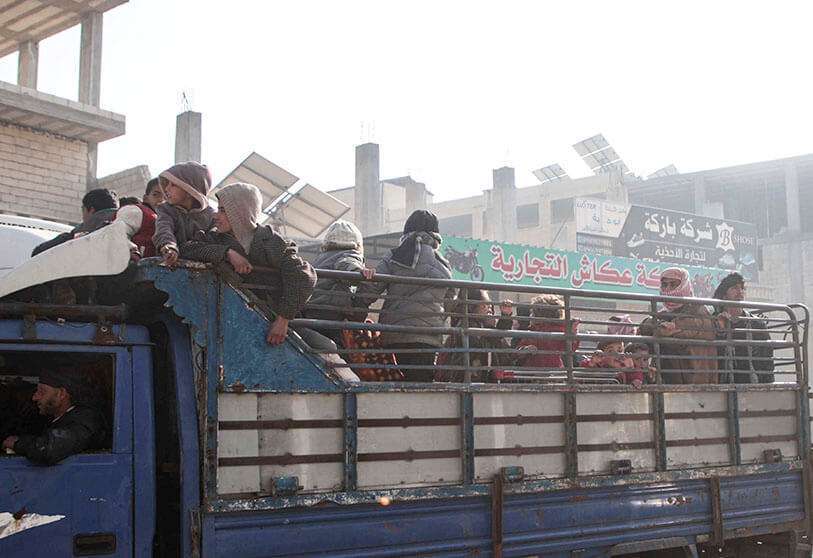
During the month of May, several demonstrations were held against the presidential elections, describing them as a "farce". The elections legitimised a seventh term for Bashar al-Assad with 95% of the votes. The region also had one of the highest abstention rates in the country, which is unusual in Syria, a fact that raised the alarm of a possible insurrection. All these factors have provoked a new round of clashes between troops loyal to Al-Assad and rebel groups that has already left 32 dead and more than 10,000 displaced, according to the OSDH.
The Syrian army has blamed the insurgents for thwarting several rounds of negotiations with opposition figures since last week to allow troops to set up checkpoints in the enclave. For their part, the rebels maintain that the agreement only allowed for civilian control, and therefore do not accept a military presence, Reuters has quoted local officials as saying.
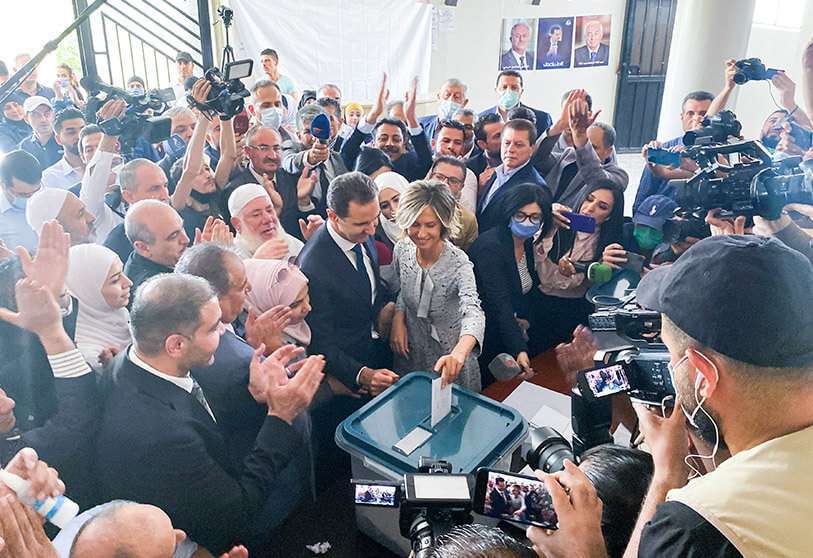
The outbreak of violence in this region bordering Jordan has caused the neighbouring country to close its main crossing with Syria, Nasib-Yaber, which was reopened for the transit of goods only a month ago. The Hashemite kingdom has cited "security reasons". The closure of this border crossing is a blow to the Damascus government, which after the 26 May elections gave the world an image of normality after more than 10 years of civil war. Nasib-Yaber is the main commercial connection between the two countries and connects with the international road that crosses Syria from north to south, passing through Damascus.

